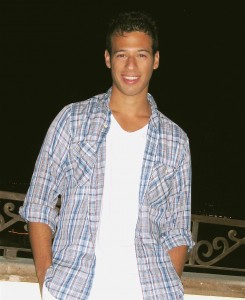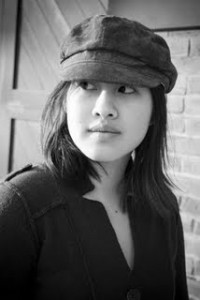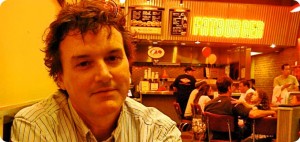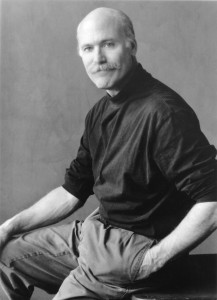Writing the Great American Novel Video Game
by Michael Rudin
For some time I was one of few standing firmly in both camps—writer and gamer, fiction-fiend and pixel-popper. But the innovative nature of Next-Gen gaming, with its leaps in technology and massive install-base, means games have developed new depth–and the future of gaming promises to look a lot more like literature than flight simulators. This is, in many ways, the rise of a new novel. Like its lexicographic predecessor, the pixilated form revels in moral ambiguity, character motivations, conflicts between free will and fate.





























